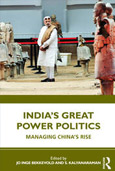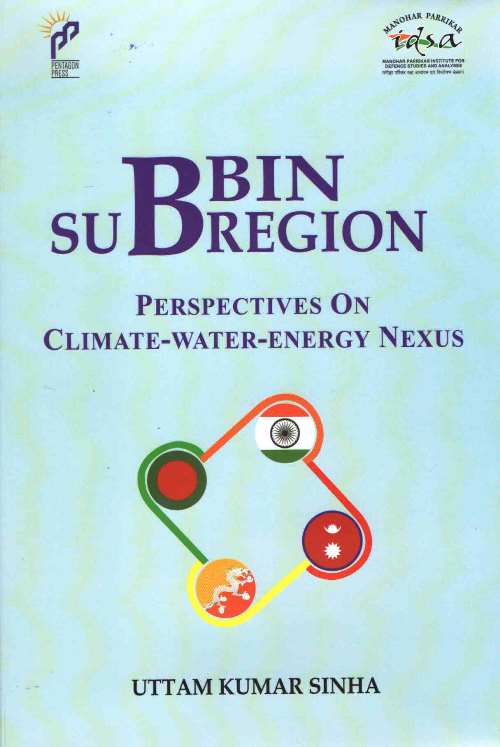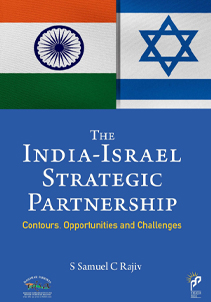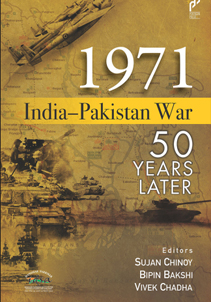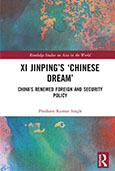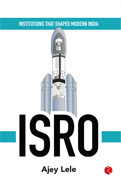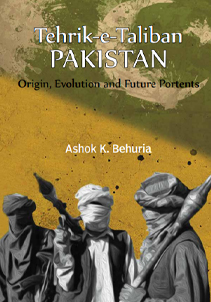Indus Basin Uninterrupted: A History of Territory and Politics from Alexander to Nehru
- Publisher: Penguin Random House India
The Indus Waters Treaty between India and Pakistan marks six decades, but carries the reflection of several thousand years of history. Indus Basin Uninterrupted, with an easy narration and rich archival material, brings alive a meandering journey of peace, conflict and commerce on the Indus basin. The Indus system of rivers, as a powerful symbol of the passage of time, represents not only the interdependence and interpenetration of land and water, but equally the unfolding of political identities, social churning and economic returns. From Alexander's campaign to Qásim crossing the Indus and laying the foundation of Muslim rule in India; from the foreign invaders and their 'loot and scoot' to the Mughal rulers' perspective on hydrology and water use; from the British 'great game' on the Indus basin to the bitter and bloody Partition; and finally, as a historical pause, the signing of the Indus Waters Treaty—this book is a spectrum of spectacular events, turning points and of personalities and characters and their actions that were full of marvel.
- ISBN: 9780670094486,
- Price: ₹ 799.00
- Uttam Kumar Sinha |
- 2021 |
- Book



